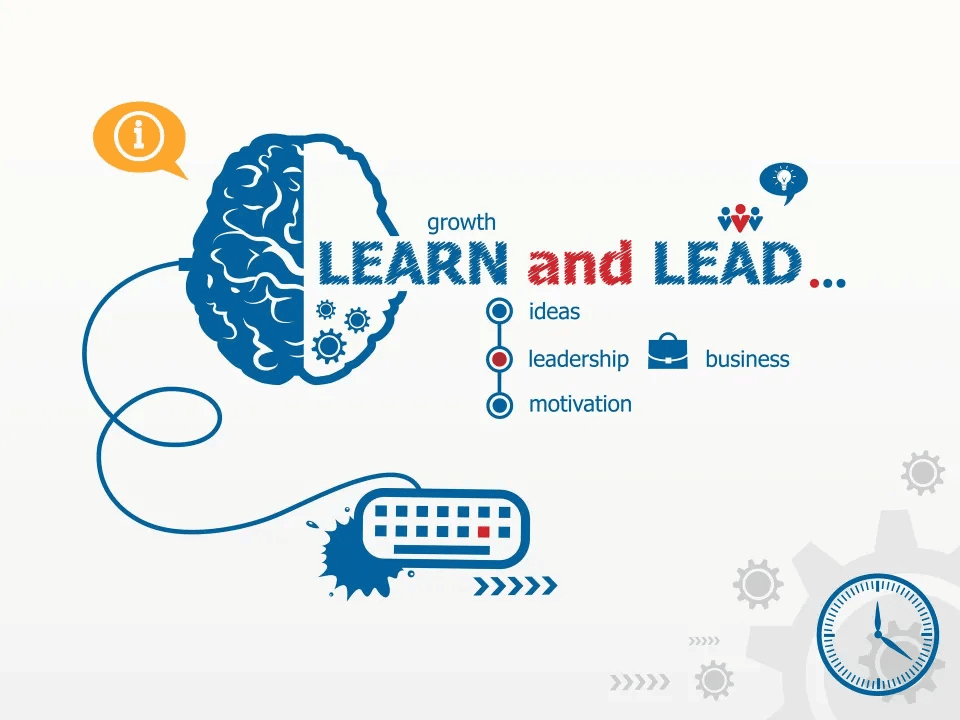
Fintech companies are innovators and revolutionaries that are transforming the financial services sector, in striking contrast to established financial institutions like banks and antiquated insurance firms.
Since technology is at the heart of these businesses, HR must stay current with contemporary HR methods and platforms when it comes to luring, enticing, and keeping personnel. In light of this, we have identified 7 major challenges of HRM for fintech startups faced by HR specialists working in the fintech industry.
Hiring and Keeping the best Team

Millennials are in great demand by fintech businesses because they are the fastest-growing demographic in the workforce and because they are digital natives who possess the technological capabilities these companies need.
Attractive beginning salaries and promotions are a top priority in order to draw in this talent pool. It’s also no secret, though, that millennial have the propensity to change professions every two to three years in search of employment with better career prospects or greater pay.
Employee turnover has substantial expenses; as a result, fintech organizations must use retention techniques in line with millennial values. In addition to monetary remuneration, these benefits also include opportunities for learning and growth in professional development programs and for fostering a positive workplace culture.
According to research by IBM, workers are 12 times more likely to leave their jobs if they don’t receive the necessary training and development. This is not an expense to be taken lightly, especially as it might cost up to 30% of the position’s compensation to hire a new worker to replace an outgoing one. If you want to acquire and retain top people, you shouldn’t underestimate HR’s capacity to offer training to startups.
Motivating and Engaging your Team

The conventional function of HR, personnel management, and administrative duties has changed. HR teams in contemporary digital organizations have moved their attention to managing employees and creating culture, even if these activities are still necessary and essential.
Today’s workers, especially millennial, who make up a major section of the fintech workforce, place a high value on company culture. Tech businesses have been recruiting CPOs (Chief People Officers) and CHROs (Chief Human Resources Offices) in response to this requirement. In this position, the involvement of the workforce is prioritized over paperwork.
CPOs are in charge of creating a business culture and making sure the right procedures are in place to motivate and empower employees. Startups frequently neglect to pay attention to or allocate time to employee performance because they are so preoccupied with getting their firm off the ground and focused on the output.
Employee engagement suffers and they start seeking other employment as soon as they don’t feel appreciated or recognized for their work. As a result, it’s crucial to focus on the individuals and create ideals and goals that are centered around them.
Defining the Mission and Values of the Startup

The company’s mission statement and principles shouldn’t merely be displayed on a sign in the break room or kitchen. It should be genuine and include the company’s overarching objectives, core principles, and code of behavior. Above all, these principles ought to be upheld and ingrained into the corporate culture.
86% of millennial would take a wage reduction to work for a firm they believe has values that are similar to their own, according to LinkedIn’s Workplace Culture survey. Only 9% of baby boomers, in contrast, would take the same action.
Fintech and other tech firms may stand out in the market and overcome the various difficulties that come with a contemporary digital workforce, such as absenteeism, productivity loss, and staff turnover, by defining and upholding their corporate values.
Even if the majority of employees in modern fintech organizations work remotely, HR cannot ignore corporate culture and must actively contribute to its development. Their teams anticipate working for a cooperative organization with a solid, admirable culture.
Training the Next Leaders

Human resources departments are responsible for continually identifying, developing, and putting together tomorrow’s leaders since a business is only as good as its leadership. It is particularly difficult to get employees from other sectors to fill managerial positions because fintech businesses are often young and cutting-edge.
In order to cultivate an atmosphere that positions its people for success, fintech organizations must look to the future by developing internal learning and development programs and mentorship schemes between managers and staff.
Putting in Place a Cutting-Edge, technologically Advanced HRIS

Leading innovators in technology are fintech companies. How their HR departments run their processes and employees must also reflect this concentration on technology. All facets of human resource management, including culture, engagement, fundamental HR procedures, pay management, and employee engagement, should be included in a modern people management platform.
It should function as the organization’s hub, be accessed by HR and staff members equally, and prioritize the development of certain personnel. Make sure the technology your business employs matches the originality of your offering.
Giving Feedback to Employees

Even in the early stages, failing to offer feedback will rapidly get your company into difficulties. Employees are better able to understand what they are doing well and where they need to improve when they get and communicate both positive and negative feedback. As a result, they become more effective and there is less need to terminate under-performing workers in the future.
Implementing Company Procedures and Guidelines

The “too tiny to matter” mentality is a typical HR blunder in startups. They think problems can be resolved as they come up and don’t need to be planned out in advance. However, omitting to specify policies and procedures and requesting signed compliance without specifying them fail to provide employees with a place to turn when they require a norm for professional behavior, leading to uncertainty.
Conclusion
The days of paying employees a salary and providing a minimal set of perks are long gone. Today’s applicants and workers have very specific expectations; therefore IT businesses that want to draw in and keep the best talent must start to develop an HR strategy that takes into account this brand-new reality.